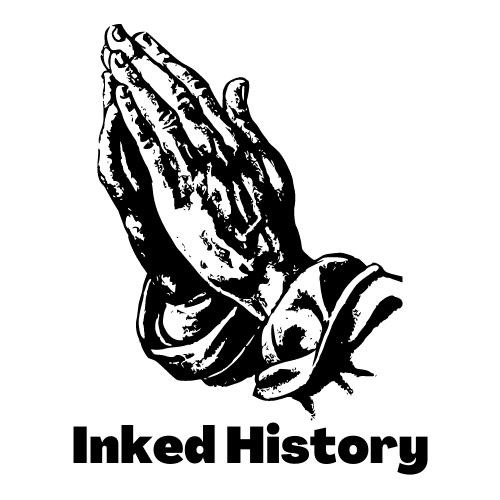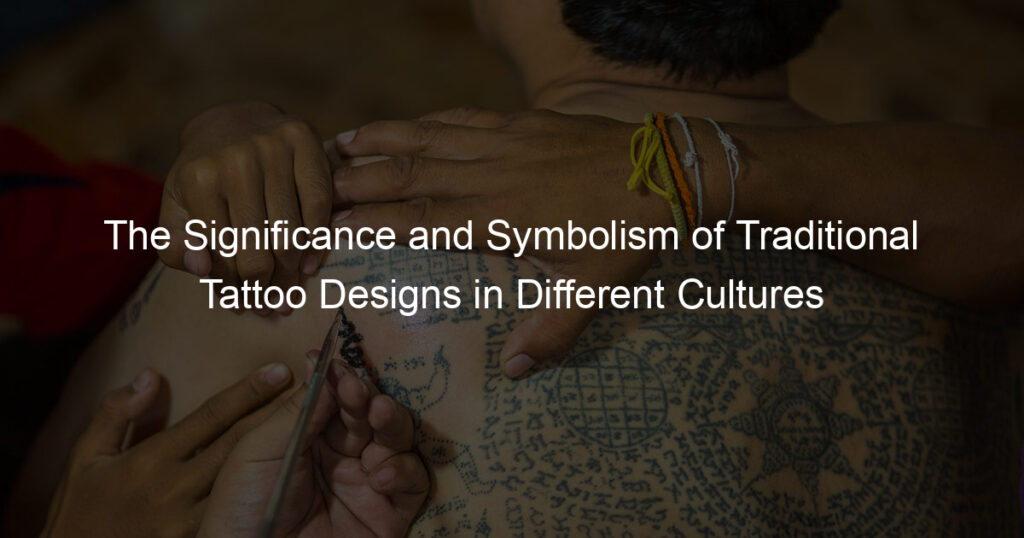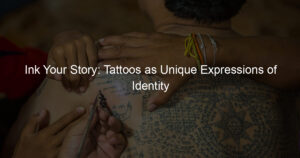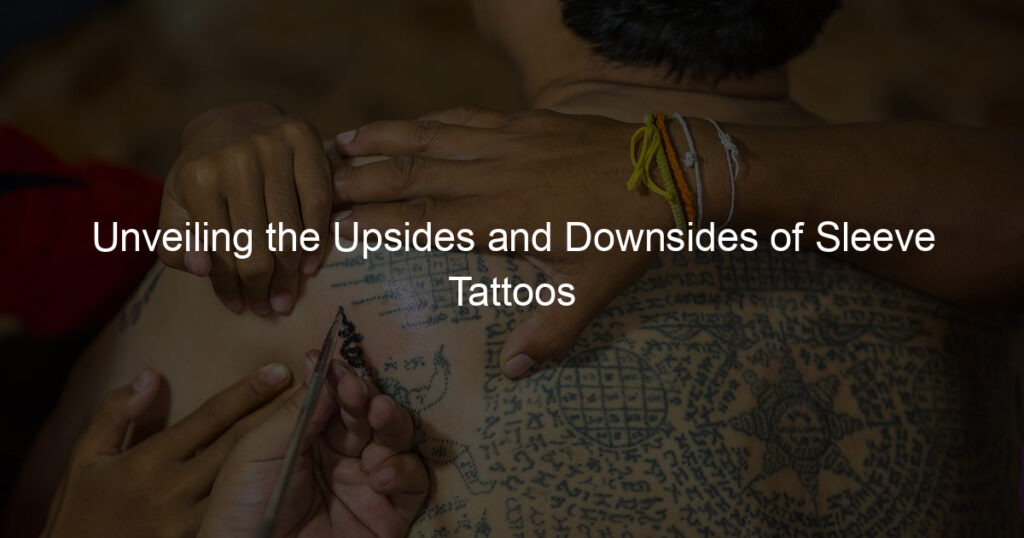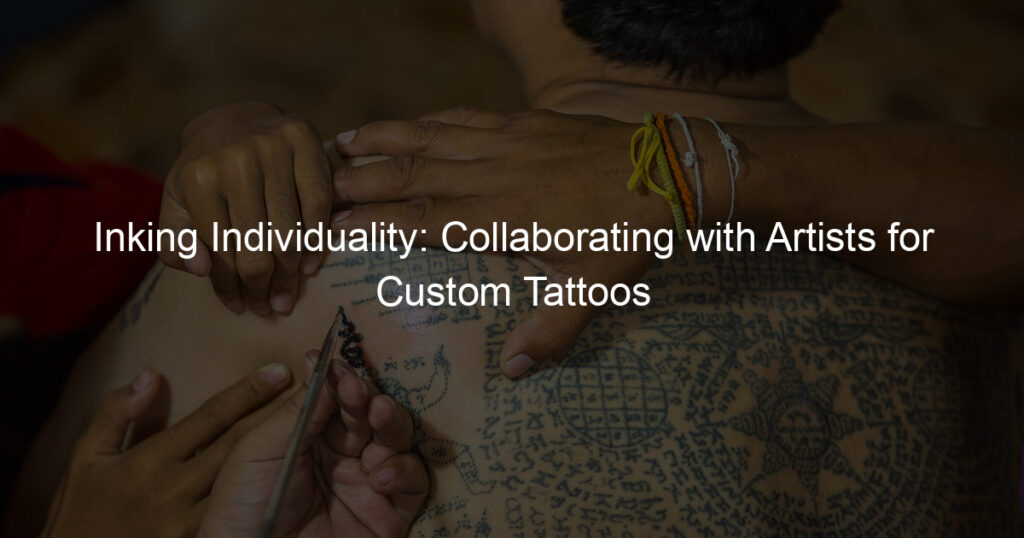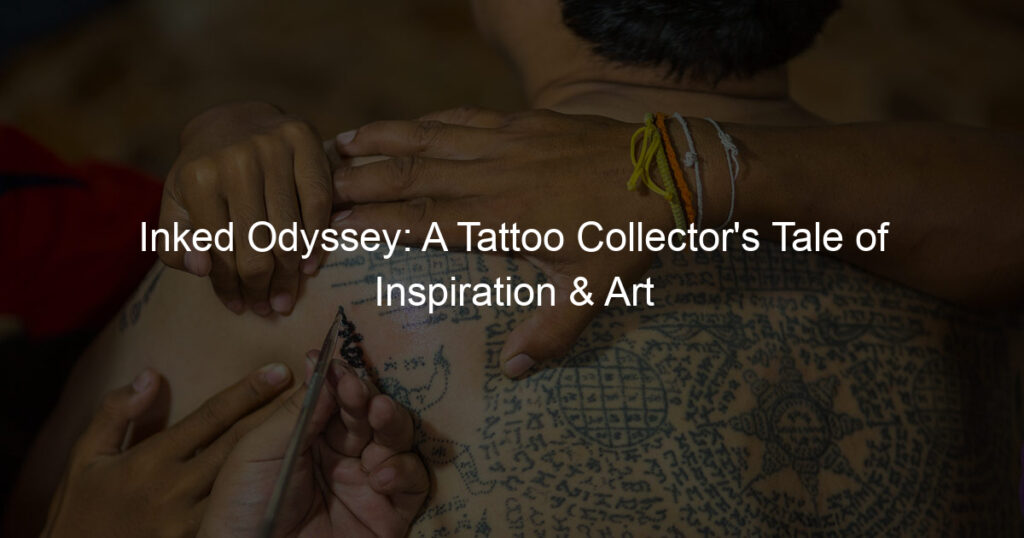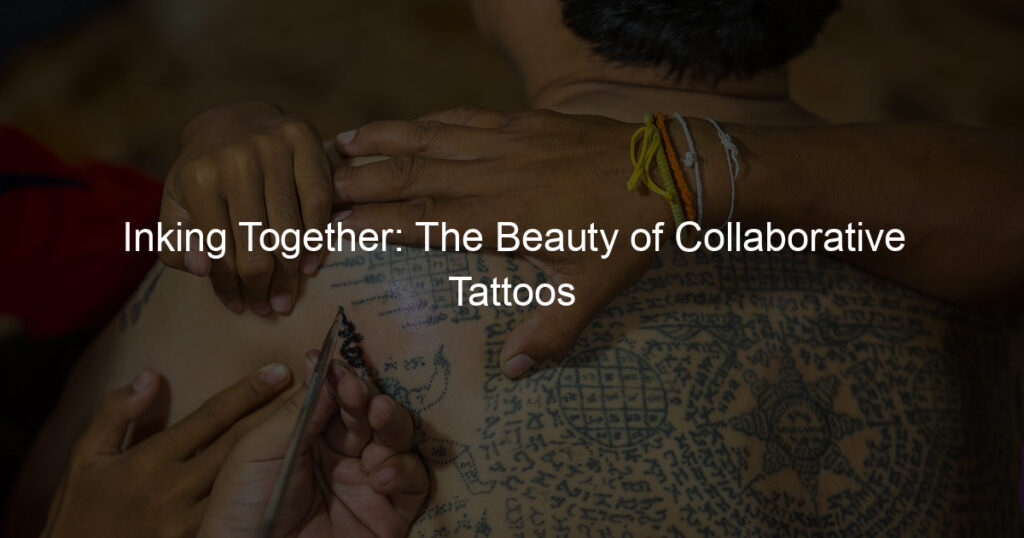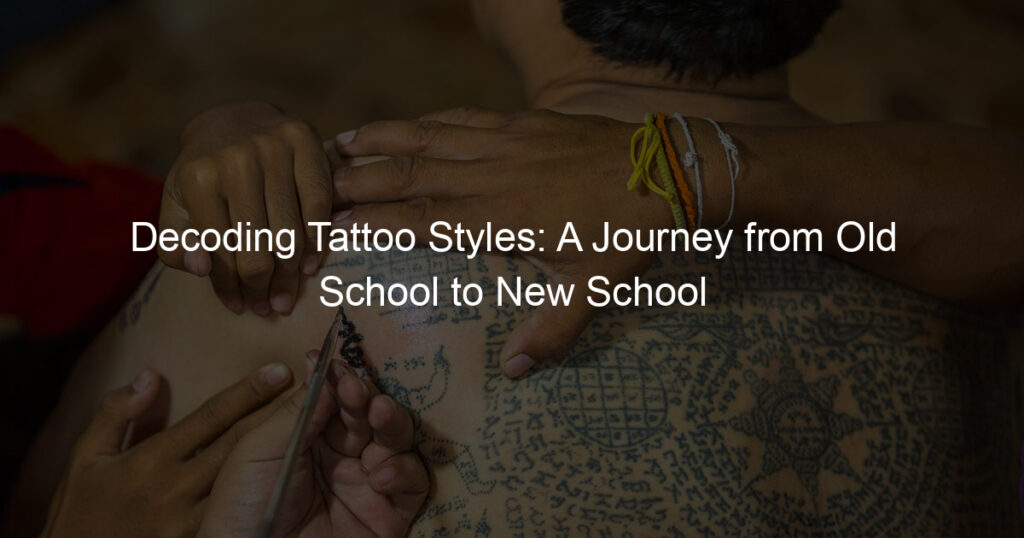Do you ever look at a traditional tattoo design and wonder what it means? Different cultures have different symbolism associated with their tattoos, and it can be fascinating to learn about the history and meaning behind them. In this blog post, we’ll take a look at some of the most popular traditional tattoo designs from around the world and explore their symbolism. Whether you’re a tattoo enthusiast or simply curious about the meanings of these iconic designs, read on to learn more!
What is the significance of tattoos in cultures?
Tattooing is an ancient art form that is still widely practiced by cultures from around the world. In many societies, tattoos have deep symbolic meanings and are used to convey important values and traditions. For example, in Polynesian culture, intricate tattoos signify courage, respect for ancestry, and a strong connection to nature. Tattoos can be used as a way to mark special moments in life such as a birth or coming-of-age ceremony.
They also carry personal significance to individuals, expressing a person’s beliefs or commemorating special people or events. Their use can be both deeply spiritual and highly ritualistic; they transcend societal barriers and serve as visual testimonies of our connection to each other. Ultimately, tattoos provide us with an important way to chart our journey through life and remember where we have been.
What cultures do you know of that have traditional tattoos?
Traditional tattoos are popular in many different cultures around the world. In Polynesian culture, for example, a man’s first tattoo was traditionally an expression of his life journey and social standing. In Chinese culture, full-body tattoos are associated with organized crime groups such as the Triads. In Southeast Asia, Yakuza gangsters and other criminals have extensive body art in the form of full-body suits and bodysuits filled with traditional symbols.
Even today in Japan, it is not uncommon to see heavily tattooed men on the streets displaying symbols of their respective gangs. Additionally, there is evidence that some Native American tribes in North America used tattoos to mark accomplishments or signify a transition into adulthood. As you can see, traditional tattooing has been around for centuries and each culture has its meaning for it.
What are the meaning and significance of tattoos in our modern time?
Nowadays, tattoos are more popular than ever. For many people, they have become a form of personal expression and self-empowerment. Whether big or small, bold or subtle, tattoos can give us an outlet to communicate our individuality and challenge traditional boundaries of body art. Besides reflecting identity, tattoos are also increasingly used as symbols of spirituality or reminders of important moments in our lives.
In addition, they often represent connections to loved ones and remind us where we come from, who we are, and what the world means to us. Tattoos have the mysterious power to make us feel seen, understood, and accepted—qualities that make them invaluable in today’s society.
What is the significance of tattooing in Pacific cultures?
Tattooing has been a major part of Pacific culture for thousands of years. Historically, certain tattoos served as identifying markers for Pacific Islanders and allowed members to be recognized within their community. Many tattoos indicated status and social rank within the Pacific Islands, such as one’s ancestry or the type of work a person did.
Furthermore, tattoos were usually meant to bring good luck and protect the bearer from harm. In more modern times, tattooing continues to be an integral part of the pacific culture, with many turning along cultural lines to express their distinct cultures. Tattoos remain highly symbolic among pacific islanders today and play an important role in self-expression.
What do tattoos mean in other cultures?
Tattoos are fascinating forms of self-expression that go beyond the Western notion of aesthetic appeal, as they mean much more to cultures around the world. For many indigenous people, they’re used to document and commemorate important life events and connections to their family or community, such as coming-of-age ceremonies and other milestone occasions that have helped to define them.
In Japanese culture, tattoos are often associated with extreme loyalty or commitment, while in many Pacific Islands tattoos are considered a way to show spiritual protection and connect with ancient gods. No matter the cultural context though, it’s clear tattoos can hold powerful meanings that go beyond what we may think of them here in the West – reminding us how diverse and far-reaching a simple piece of art can be.
Conclusion: The Significance and Symbolism of Traditional Tattoo Designs in Different Cultures
Tattoos are a unique medium for self-expression, and their use has been prevalent throughout different cultures and eras in history. They often represent deeply personal beliefs and values for their bearers, many of which have roots in spirituality or tradition. While much has changed over the ages, we can see the similarities between traditional tattoo designs from around the world that share common symbols or underlying meanings.
The significance of these designs remains as powerful today as it did years ago and will likely continue to be an important form of self-expression in all cultures across the globe. As such, it is vital to honor the traditional meanings behind these tattoos while also giving space for people to make them meaningful to themselves in ways that truly reflect their journey.
